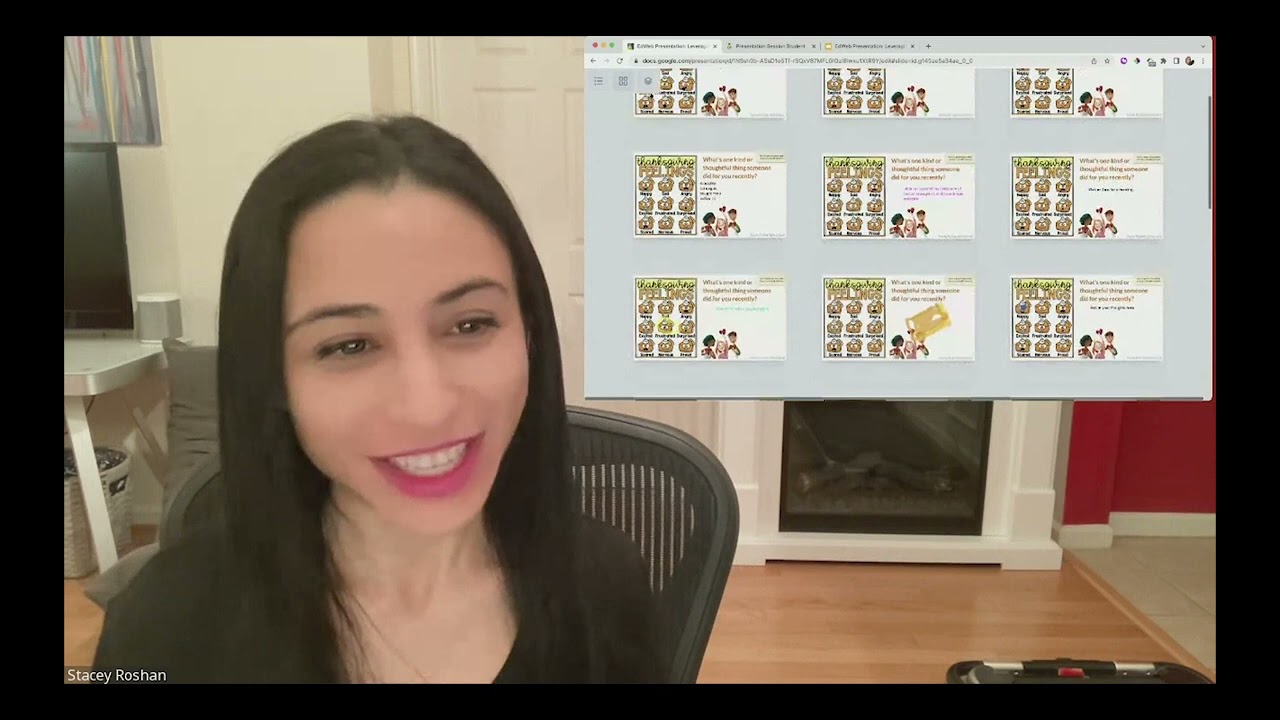How can we, as educators and leaders, adopt technology to ensure every voice in the classroom is heard? In the short video below, prominent educator, speaker, and author Stacey Roshan examines this question:
Watch the video here.
She also explored this topic in detail during a previous EdWebinar we hosted, asking: how can we shift from a “first-is-best” mentality to one that communicates the message that every student’s voice is valued — and that every learner has the potential to thrive in the classroom?
Classroom Optimisation and Personalised Learning
This session delves into how technology aids educators in understanding students as individuals, fostering stronger relationships, and equipping learners with the resources they need to take ownership of their education. It highlights that the focus should not be solely on the tools, but rather the purpose behind what we do for our students and school communities.
Stacey began her career as a mathematics teacher, and her insights now inspire not only maths educators but teachers across the entire K-12 curriculum.
The webinar, which you can view below, is valuable for K-12 teachers, librarians, school and district leaders, education technology leaders, curriculum leaders, science department heads, and STEAM and STEM teachers. In it, Roshan shares practical techniques and strategies for classroom optimisation, ensuring that all learning styles are supported.
Watch the webinar recording here.
Key Takeaways from the EdWebinar:
1. Collaboration
Collaborative technologies enable educators to understand students as individuals, making personalised instruction achievable and accessible to all learners.
2. Evolving Teaching
Technology tools and applications allow us to evolve teaching and learning from a “first-is-best” culture to a classroom environment where every voice matters, and each learner has the opportunity to excel.
3. Empowering All Learners
Using technology solutions that allow students to express their thinking, work through challenges together, and use mistakes as learning opportunities in a safe learning environment enables full participation and encourages students to take responsibility for their own learning.






